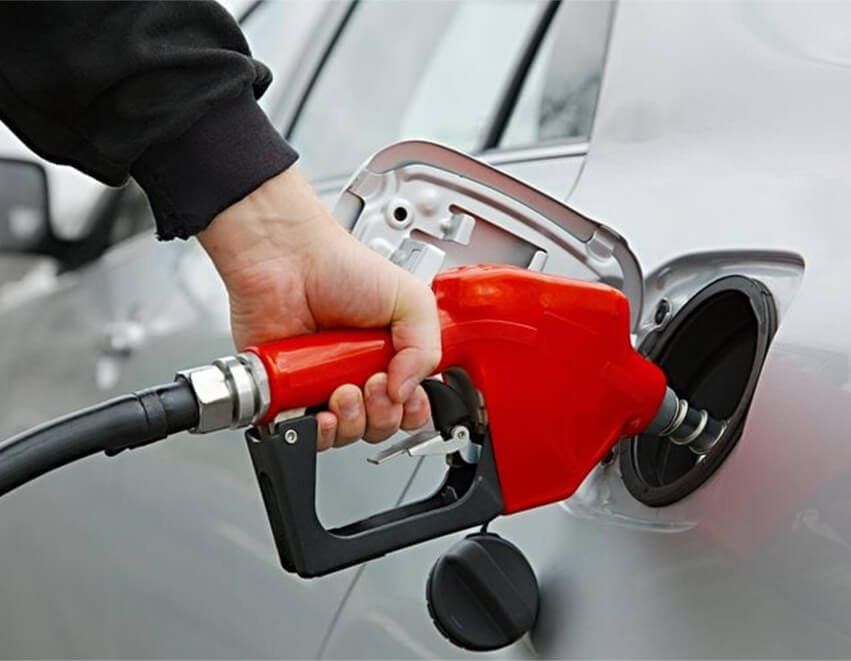Diesel fuel is the lifeblood of many industries, powering everything from transportation fleets to heavy machinery. However, the quality of diesel fuel is not always guaranteed. Contaminated fuel can wreak havoc on engines, leading to costly repairs and downtime. How do you spot if the diesel fuel you’re using is contaminated? And if it’s contaminated, […]
Diesel fuel is the lifeblood of many industries, powering everything from transportation fleets to heavy machinery.
However, the quality of diesel fuel is not always guaranteed. Contaminated fuel can wreak havoc on engines, leading to costly repairs and downtime.
How do you spot if the diesel fuel you’re using is contaminated? And if it’s contaminated, what are the diesel fuel symptoms? If your fuel is indeed contaminated, is there a way to save it?
Knowing these will help empower consumers and businesses to protect their engines and avoid unnecessary expenses.
Contaminated diesel fuel refers to fuel that has been compromised by the presence of impurities, water, or foreign particles.
These contaminants can adversely affect the performance of diesel engines, leading to reduced fuel efficiency, engine damage, and increased emissions. Identifying contaminated diesel fuel early is crucial for preventing long-term damage and maintaining the optimal performance of your engine.
One of the most common contaminants in diesel fuel is water. Water can enter the fuel system through condensation, leaky storage tanks, or contaminated fuel sources. The presence of water in diesel fuel can lead to injector and pump damage, corrosion, and the growth of microorganisms that thrive in a water-fuel mixture.
Microorganisms such as bacteria and fungi can proliferate in diesel fuel, especially when water is present. These microorganisms produce byproducts that can clog filters and fuel lines that can cause engine malfunctions. The presence of sludge or sediment in the fuel filter is a clear indication of microbial contamination.
Diesel fuel can pick up dirt, rust, and other debris during transportation, storage, or transfer. These particles can cause abrasive damage to the fuel injection system, leading to increased wear and tear on critical engine components.
The use of substandard or expired fuel additives can also contribute to fuel contamination. Over time, additives break down, losing their effectiveness in preventing microbial growth, stabilizing fuel, and reducing the formation of deposits. This can result in a decrease in fuel quality and engine performance.
A sudden drop in fuel efficiency, rough idling, or difficulty starting the engine can be indicative of contaminated diesel fuel. These symptoms may suggest issues with the fuel injectors, filters, or other components affected by impurities.
Contaminated fuel can cause knocking or unusual noises from the engine. This is often a result of increased friction and wear on critical engine parts due to abrasive particles in the fuel.
Excessive smoke emissions, whether black, white, or blue, can be a sign of contaminated fuel. Contaminants can alter the combustion process, leading to incomplete burning of fuel and increased emissions.
Regularly checking fuel filters is a simple yet effective way to identify contamination. If filters appear clogged, discolored, or contain sediment, it’s a clear indication that the fuel is compromised.
Unusual or foul odors emanating from the fuel can be a warning sign. Diesel fuel should have a distinct but not overpowering smell. If the fuel has a strong, unpleasant odor, it may indicate contamination.
If you discover that your fuel is contaminated, take prompt action to prevent further damage to your engine. While salvaging contaminated fuel is challenging, there are some steps you can take to mitigate the impact and potentially restore the fuel to a usable condition:
Invest in high-quality fuel filtration systems designed to remove impurities and contaminants. Running the contaminated fuel through a series of advanced filters can help remove particles and water. However, this method may not completely eliminate all contaminants, especially if the fuel has severe microbial contamination.
Water separators are designed to remove water from the fuel by utilizing gravity or coalescing filters. While this method can be effective for addressing water issues, it may not eliminate other contaminants.
Certain fuel additives are formulated to address specific types of contamination. For example, biocides can help eliminate microbial growth, and demulsifiers can assist in separating water from the fuel. However, the effectiveness of additives may vary depending on the type and severity of contamination.
Fuel polishing involves circulating the fuel through a specialized filtration system that removes impurities and water. This process is more thorough than standard filtration and is often used in larger fuel storage tanks. Fuel polishing can be performed by professionals who specialize in fuel system maintenance.
In severe cases, it may be necessary to partially replace the fuel. Remove the contaminated fuel from the tank and replace it with clean, high-quality diesel fuel. This approach is often the most effective way to ensure that the engine is not exposed to further harm.
The success of this method depends on the severity of the contamination. If there’s extensive microbial growth, complete replacement might be the only viable option.
Prevention remains the most effective strategy for dealing with contaminated fuel. Regularly testing fuel quality, implementing proper storage and handling practices, and using high-quality additives can significantly reduce the risk of fuel contamination and help maintain the health of your diesel engine.
Visit our website for more information and other helpful tips.




